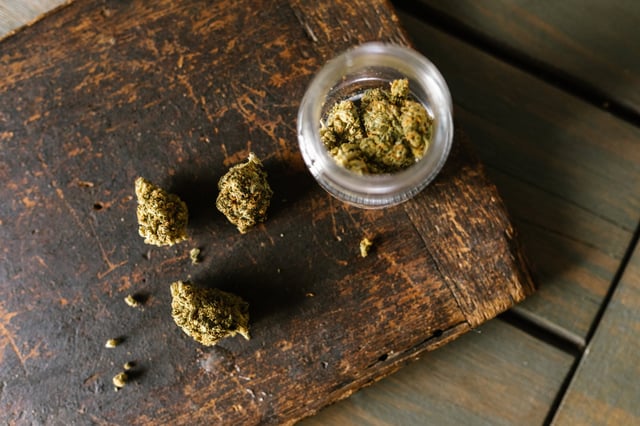Overview
- A UCSF-led study published in JAMA Cardiology in May 2025 found chronic marijuana smokers had a 42% reduction in flow-mediated dilation while THC edible users showed a 56% decline compared to nonusers.
- Vascular impairment intensified with higher potency and more frequent cannabis use, indicating a dose-dependent relationship with endothelial dysfunction.
- Laboratory assays revealed serum from marijuana smokers cut endothelial nitric oxide production by 27%, whereas serum from edible users did not alter nitric oxide levels, suggesting distinct mechanisms of damage.
- The magnitude of vascular dysfunction in cannabis users mirrored that seen in tobacco smokers, implying that marijuana smoke contributes additional harm beyond THC’s effects.
- Researchers and the American Heart Association are calling for larger, long-term trials and routine screening of cannabis use in cardiovascular assessments to establish safe consumption guidelines.



